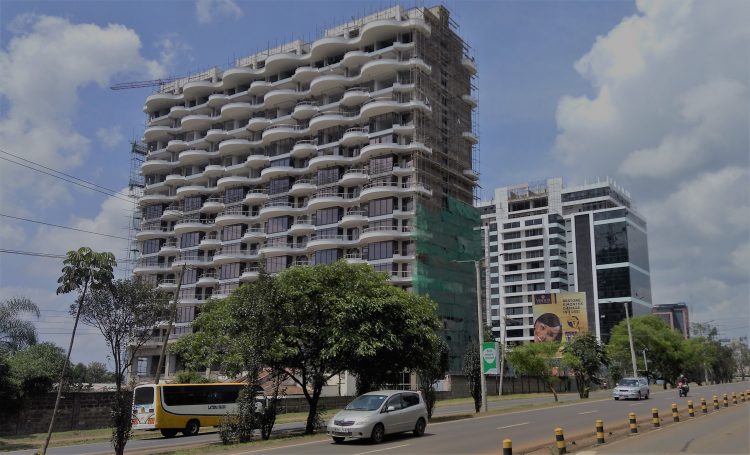Demand for residential property declined in 2018 besides an increased supply, according to Cytonn Investments on the Kenyan Real Estate market.
The real estate sector recorded a total return of 11.2% in 2018 compared to returns of 14.1% in 2017, showing a slow-down in real estate operators’ performance.
Johnson Denge, Senior Manager Regional Markets at Cytonn commented that this was attributable to a slowdown in demand for property amid the growing supply.
“Evidenced by the 3.0% points decline in the residential sector occupancy rates and the 0.4% points decline in occupancy rates in the retail space on account of increased supply of mall space recording a growth of 4.8% y/y in Nairobi to 6.5mn SQFT in 2018 from 6.2mn SQFT in 2017.”
The residential sector recorded a decline in performance with average rental yields dropping marginally by 0.5% points, attributable to a decline in occupancy rates which reduced by 3.0% points on average, from 84.0% in 2017 to 81.0% in 2018, attributable to increased stock in the market against minimal uptake.
‘’During the year, apartments performed better than detached units, with average annual uptake of 26.6% compared to detached units’ 20.5%, and average returns of 11.4%, compared to detached units returns of 8.9%,” stated Wacu Mbugua, an assistant research analyst at Cytonn.
“We attribute the growth in demand for apartments to their affordability especially as loans remain out of reach for a majority of aspiring home buyers,’’ Wacu added.
Read: Kenya’s housing prices remain stable besides slow growth
Cytonn says key challenges that the sector faced during the year include uncertainty surrounding statutory approvals, lack of financing as loans, an oversupply in some of the themes such as the retail sector which recorded an oversupply of 2.0 mn SQFT of space.
It also cited a tough operating environment characterized by low private sector credit growth, which averaged at 4.4% as at October 2018, compared to a 5-year average of 14.0% (2013-2018).




